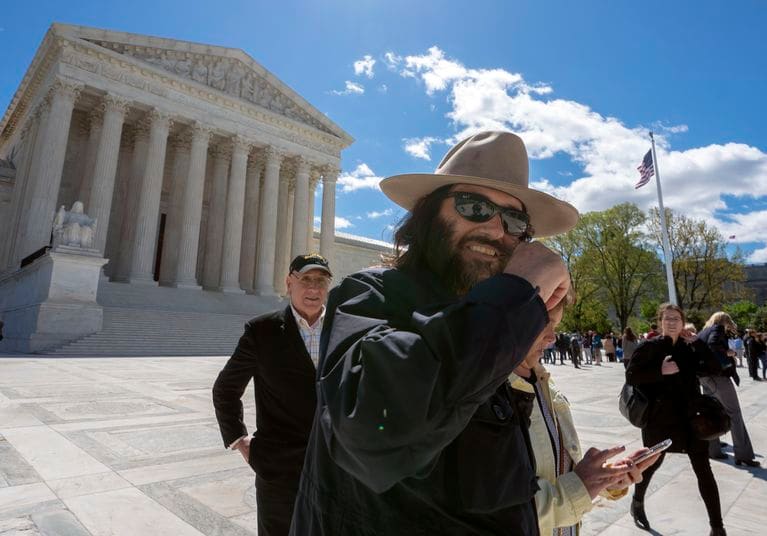The Supreme Court on Monday ruled that a federal ban on registering “immoral” and “scandalous” trademarks is unconstitutional, saying the government’s disapproval of offensive speech cannot justify withholding a government benefit.
“The most fundamental principle of free speech law is that the government can’t penalize or disfavor or discriminate against expression based on the ideas or viewpoints it conveys,” Justice Elena Kagan said in announcing the decision.
“The ban on ‘immoral’ and ‘scandalous’ trademarks does just that.”
Five justices joined Kagan’s opinion in Iancu v. Brunetti. Los Angeles artist Erik Brunetti had sued the government, saying it violated the First Amendment by refusing to register the trademark for his “subversive” clothing line: FUCT.
Sotomayor feared that the government would now be forced to register trademarks that include even a “particularly egregious racial epithet.” The Justice Department declined to comment on the decision or the trademark office’s next steps.
Justice Stephen G. Breyer worried that approving particularly divisive trademarks could lead to violence. “Just think about how you might react if you saw someone wearing a t-shirt or using a product emblazoned with an odious racial epithet,” Breyer wrote.





